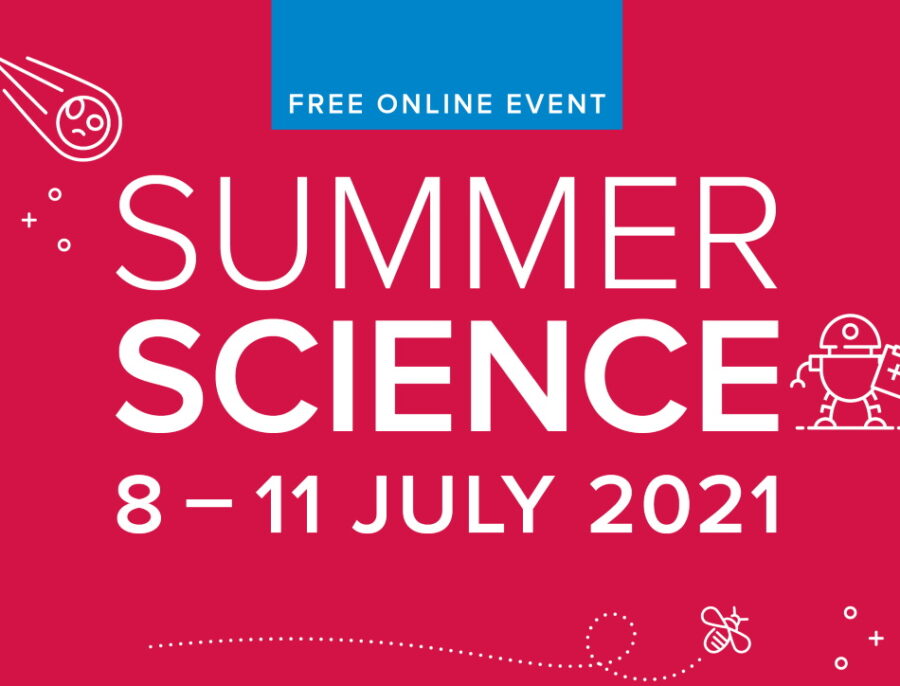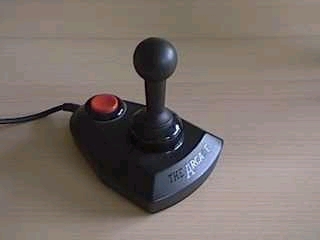
This year the Royal Society’s Summer Science Exhibition is taking place online between the 8 – 11 July 2021.
With a packed programme of inspiring talks, fun science from home activities and exciting digital content, there is something for all ages.
Nineteen research groups from across the UK will be demonstrating their research through innovative digital experiences, from escape rooms and quizzes to virtual tours and digital games.
This year you can explore all the cutting-edge research through our interactive Summer Science hub, with four exciting zones:
Zone 1: View from above
Blast off to the view from above zone to discover where galaxies come from, how we can track carbon from space, whether there has ever been life on Mars or simply marvel at how the iconic images from Hubble have changed the way we view our Universe forever.
Zone 2: Urban landscape
Explore the urban landscape zone to find out how microbes can turn rubbish into riches, test whether you can tell a landmine from a bottle top, design your own aeroplane based on a birds’ wing, test your eye control with the latest in robot simulations or discover how our air could be fresh again.
Zone 3: Under the skin
Delve under the skin in our zone dedicated to bodily research. Explore how tumours are made of different types of cells, why humans are smelly or how researchers are learning to grow new body parts from stem cells. Try your hand at creating 3D-printed personalised pills or ask yourself if you would connect your brain to the internet.
Zone 4: Forces of nature
Bring the outdoors in and explore the forces of nature zone. Do you know what a bee’s favourite flower is, or what the last day of the dinosaurs looked like? Discover what happens when we have too much water and take a forward look as we see how nature can help us to tackle the climate emergency and help us build a more sustainable future.
In addition to the zones there will be a programme of short, online lightning lectures every day as well as interactive workshops and family shows at the weekend. The Big Summer Science Quiz will also return with science-themed rounds from well-known faces on Wednesday 7 July at 6.30pm, so get your team together and put the date in your diaries now.
You can find the programme of events here.
Taking part in Summer Science 2021
- All activities and events are free and suitable for a variety of ages
- Booking will be required for the interactive workshops – sign up to our public newsletter or follow on Twitter @royalsociety or Facebook @theroyalsociety for the latest programme updates
- All live-streamed events will be available on YouTube afterwards
- Subtitles will be available on live-streamed events
- If you can’t access the interactive Summer Science hub, quick links to all the research group content are available directly from the website
- For all enquiries please email exhibition@royalsociety.org
This looks like a fantastic opportunity to entertain yourself and your family so why not have a look?

